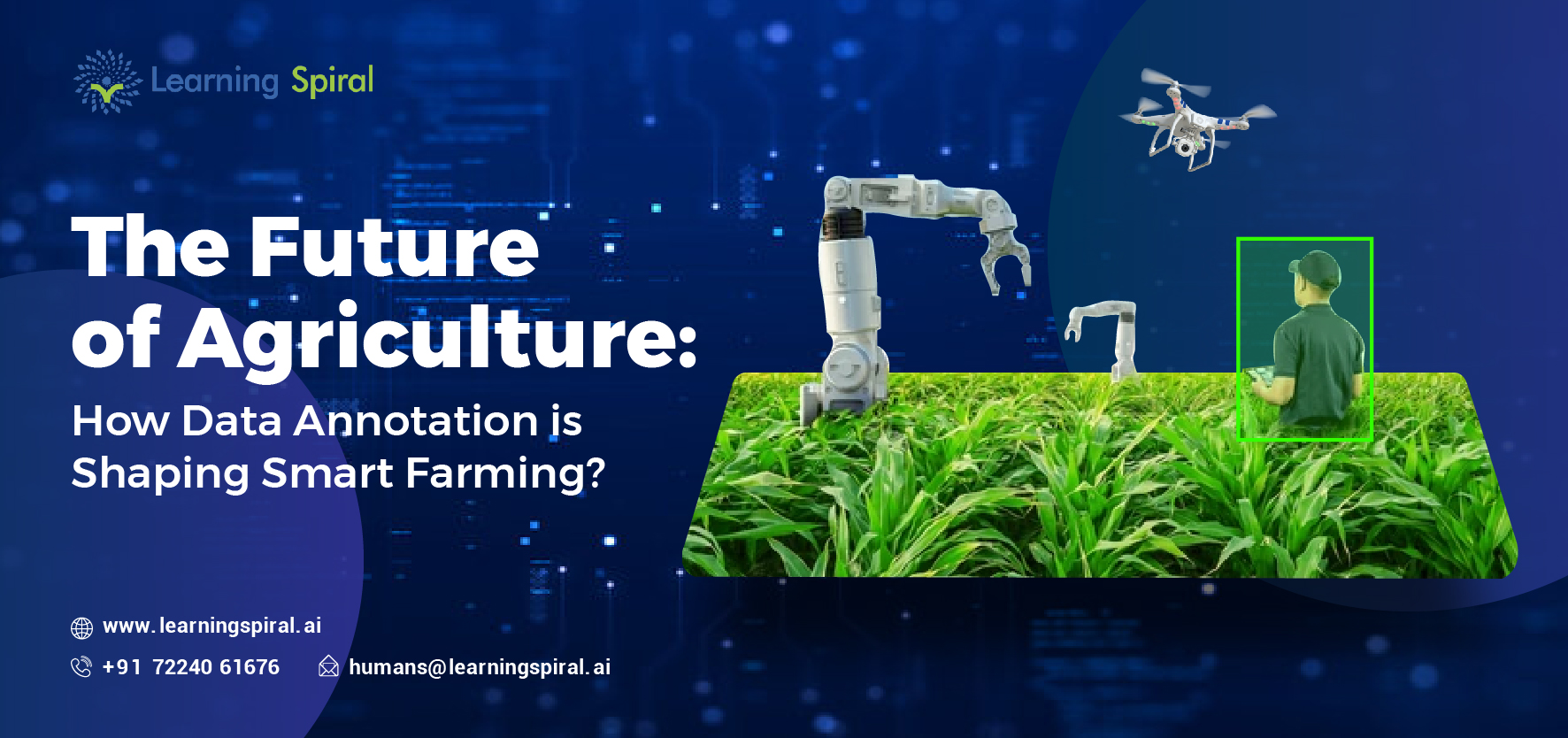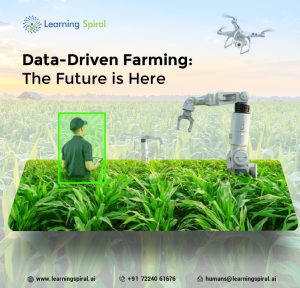
The agricultural sector is undergoing a transformative shift with the advent of smart farming technologies, and data annotation is at the heart of this revolution. As farms become increasingly reliant on advanced technologies, the role of data annotation in shaping the future of agriculture has never been more critical. 
Data annotation involves labeling and categorizing data to train machine learning models. In the context of agriculture, this process is essential for developing and refining technologies such as precision farming, crop monitoring, and autonomous machinery. For instance, satellite imagery and drone-captured data require precise annotation to help algorithms identify crop types, monitor plant health, and predict yield outcomes.
Smart farming leverages these annotated datasets to optimize agricultural practices. Machine learning models, trained on annotated images and data, can analyze vast amounts of information to provide actionable insights. This enables farmers to make data-driven decisions, such as adjusting irrigation levels, applying fertilizers more efficiently, and detecting pests early.
One of the significant benefits of data annotation in agriculture is the enhancement of precision farming techniques. By accurately annotating images of crops, soil, and fields, AI systems can deliver real-time recommendations and automate tasks with greater precision. This reduces resource wastage, improves crop yields, and ultimately leads to more sustainable farming practices.
Furthermore, data annotation helps in the development of autonomous agricultural equipment. Tractors and harvesters equipped with AI can be trained to recognize and respond to different crop conditions, navigate fields, and perform tasks with minimal human intervention.
As we look towards the future, the role of data annotation in smart farming will continue to expand, driving innovation and efficiency in the agricultural sector. At Learning Spiral AI, we are committed to providing high-quality data labeling services that empower the next generation of agricultural technologies and contribute to a more sustainable and productive future for farming.

